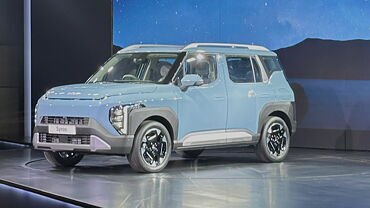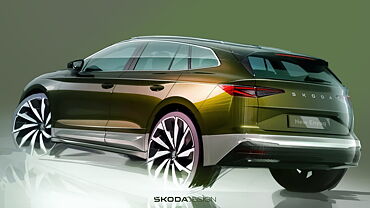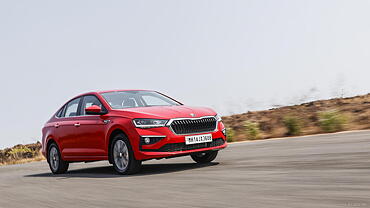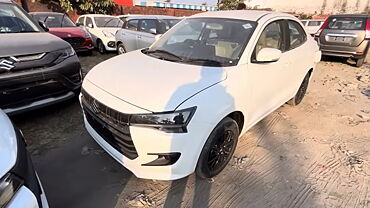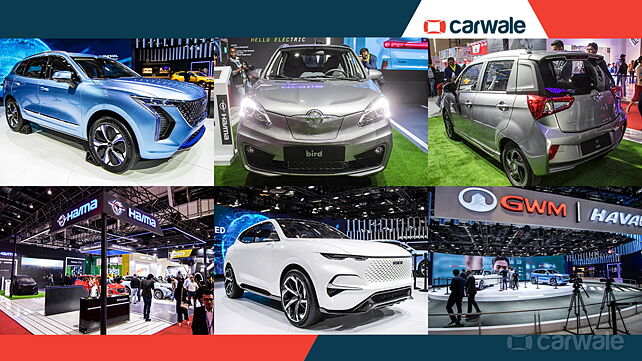
Introduction
Auto Expo, the biennial Indian automotive show,serves as the perfect platform for automakers to showcase new technology and future products for the country. Now, Japanese car manufacturers have always had an upper hand in the Indian market with German carmakers leading in the luxury segment. However, at the recently concluded Auto Expo 2020, two big Chinese car manufacturers to the likes ofthe Great Wall Motors-owned Haval, and FAW Haima Automobile Company marked their debut in India. Unfortunately, the ongoing Coronavirus epidemic played spoilsport as most of the senior officials from the respective brands could not mark their presence at the automotive show. Nonetheless, the brands managed to draw visitors with their attractively designed stalls and strong product plans.
Globally, car manufacturers have been working towards development of green mobility. Electrification being the future of mobility, the Chinese car manufactures have announced their debut in India by showcasing electric concepts at the 2020 Auto Expo. China-made goods (electronics, cutlery, cosmetics, etc.) hold considerable share in the Indian market and most of these products have been infamous for being compromised on the quality aspect. Given the kind of scepticism that Indians have towards China-products, it will be interesting to see how the car manufacturers from the neighbouring country will generate interest in India.
Haval (Great Wall Motors)

Great Wall Motors (GWM) globally premiered the Haval Concept H alongside the Vision 2025. Additionally, the company also showcased its other models including - H9, F7, F7x, F5 and the GWM EV: iQ and the R1. GWM will invest a total of Rs 7,000 crore in a phased manner for production of power batteries, electric drives, research and development, and component manufacturing. Click here to read in detail about GWM products that were showcased at the 2020 Auto Expo.
Haval strategy for India

The Indian car buying fraternity is growing younger by the day and the car buying trends reveal a strong demand in the SUV segment. As seen at the Auto Expo 2020, Haval as a brand will connect to the young buyers with its futuristically-styled products and electric car technology. The first product from Haval in India is likely to be an SUV with an electric option. At the biennial automotive show, the company also showcased the Concept H electric SUV, which has been designed for the young and provides an opportunity for the company to communicate with the young consumers at a deeper level.
The Indian market is competitive and new entrants will need innovative and fresh ideas. Therefore, GWM also showcased the Vision 2025, which is essentially Haval’s vision for smart, capable, intelligent vehicles for 2025. The concept received advanced features in the form of face recognition, 5G in-car infotainment and services along with automated parking and advanced autonomous driving modes.
Safety being a priority in the modern world, the upcoming cars from Haval will comply with Indian safety norms. As showcased at the Auto Expo 2020, the Haval-badged SUVs for India will feature superior strengthened body structure along with all modern safety features to ensure the safety of its occupants.
Apart from the electric concepts, the SUVs with regular combustion engine get modest styling elements and at the time of launch, it is likely to get a lukewarm response from the Indian buyers. A majority of the current generation SUVs in India have embraced a more pronounced and aggressive stance which has been evoking a positive response from the buyers, therefore it will be interesting to see how the products with regular combustion engine from Haval will fair in India. The H9 in particular has the old school charm and is known for its off-road ability, however, there might only be a handful who may approve of it on the basis of its looks.
FAW Haima Automobile Company

In comparison to GWM, Haima made a modest debut in India by showcasing the E1 electric hatchback at the Auto Expo 2020. Expected to be introduced in India in 2022, the E1 will be priced under Rs 10 lakhs. The electric hatchback is indeed smaller than the Renault Kwid as it measures in at 3,662mm and has a wheelbase of 2,332mm. The 54kWh permanent magnet synchronous motor is powered by a 20.99kWh battery pack and claims to offer a driving range of 202kms. Click here to learn more about the upcoming compact electric car from Haima.
Haima strategy for India

Haima will take one step at a time in India. Unlike Great Wall Motors, Haima will introduce an electric small car in India. The entry-level segment in the country is currently overshadowed by strong players like Maruti Suzuki, Hyundai and Renault. While this segment is a major contributor to the overall sales, it does not offer electric options. Factoring in the demand for entry-level cars, Haima plans to earn a distinguished position for itself in India as a provider of an affordable entry-level electric hatchback.
That said, now the real question arises if the quality of the upcoming electric vehicle is really at par with the current products in India. As seen at the Auto Expo 2020, the E1 electric hatchback appears to be a lack-lustre product which could have received a better finish. Prima-facie the touch and feel is not much to talk about and the overall design appears to be outdated. At the time of its anticipated launch in 2022, the Indian market is likely to see better looking cars with more features that can probably overshadow the debutant product from the Chinese car manufacturer.
Conclusion
Chinese brand SAIC Motors-owned MG Motor has emerged strongly in the Indian market, primarily as it is backed by the strong British-origin legacy. Morris Garages, a British marque is known for its sports cars and mini cars. An established brand with a long history has paved the road to success for MG in India. The company currently sells the Hector and ZS EV in the country. However, GWM and Haima will enter Indian market as pure Chinese brands, therefore these car manufacturers will launch its products with advanced features like artificial intelligence and electric car technology to compete with the existing brands. As seen at the Auto Expo 2020, the Chinese car manufacturers have focussed on the SUV and the entry-level compact hatchback segment, both being revenue generating segment in India.
Going forward, the production spec model from the Chinese car manufacturers will be tuned as per Indian conditions, particularly in terms of ground clearance and suspension setup. Moreover, we can expect future Chinese-made cars to be at par, if not better than the current lot of Japanese cars in India. The Chinese brands will also have the cost advantage over the Japanese and the Germans, as a majority of the components are locally produced. This benefit is likely to be passed on the end customers as well in the form of lucratively priced cars in a price sensitive Indian market. Overall, we can expect Chinese cars to strike the right balance between price, comfort, safety, performance and innovation.

